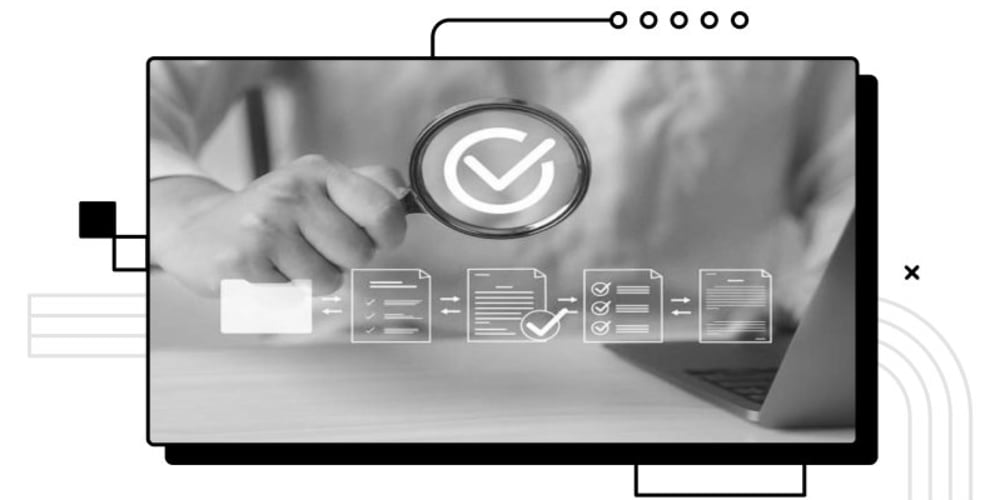The Data Dilemma: Will AI Coding Assistants Like GitHub Copilot Falter Without Stack Overflow?
Introduction
The rise of AI coding assistants like GitHub Copilot has revolutionized the software development landscape. These tools leverage machine learning to generate code snippets, complete functions, and even write entire programs, promising to accelerate development and improve developer productivity. However, a looming question hangs over this exciting advancement: what happens if the vast repository of knowledge that fuels these AI assistants – Stack Overflow – starts to dwindle?
This article explores the potential impact of a hypothetical decline in Stack Overflow's activity on AI coding assistants like GitHub Copilot, delving into the intricate connection between these platforms and the crucial role Stack Overflow plays in their training and operation.
Understanding the Link: Stack Overflow as the Fuel for AI Coding Assistants
AI coding assistants are built upon a foundation of vast code repositories and extensive documentation. These systems learn from the patterns, structures, and conventions within this data, enabling them to generate code that aligns with best practices and developer expectations.
Stack Overflow serves as a critical source of this data. Its vast archive of Q&A pairs, covering a wide spectrum of programming languages and development challenges, provides a rich training ground for AI coding assistants.
How Does Stack Overflow Power AI Coding Assistants?
- Data for Model Training: AI assistants like GitHub Copilot learn from the code snippets, solutions, and discussions available on Stack Overflow. This data helps the model understand different programming paradigms, code structures, and common development challenges.
- Contextual Understanding: The Q&A format on Stack Overflow provides valuable context for code snippets. The questions and answers help the AI assistant grasp the intent behind the code, making it more effective in generating relevant solutions.
- Code Quality Improvement: Stack Overflow fosters a culture of code review and quality assurance. The discussions around code solutions provide valuable feedback and insights, which are incorporated into the AI assistant's training data, ultimately improving the quality of its generated code.
The Fall of Stack Overflow: A Data Crisis for AI Coding Assistants
While Stack Overflow's continued existence is not in immediate jeopardy, a hypothetical decline in its activity could have significant repercussions for AI coding assistants.
- Reduced Training Data: A decrease in Stack Overflow activity would translate to a decline in the amount of data available for training AI assistants. This could lead to models that are less accurate, less comprehensive, and less capable of handling diverse coding scenarios.
- Limited Contextual Understanding: Fewer Q&A pairs on Stack Overflow would limit the contextual understanding of AI assistants. They might struggle to grasp the intent behind code requests and generate solutions that are appropriate to the specific problem at hand.
- Stagnant Code Quality: Without the constant stream of code reviews and discussions on Stack Overflow, AI assistants might fail to learn from the latest best practices and coding standards. This could result in code that is less efficient, less secure, and less maintainable.
Mitigation Strategies: Preparing for a Potential Data Drought
While the fall of Stack Overflow is hypothetical, it's prudent to explore potential mitigation strategies for AI coding assistants:
- Leveraging Other Data Sources: AI assistants can be trained on other code repositories, open-source projects, and even code written by developers within specific organizations. However, these sources might lack the comprehensive nature and contextual richness of Stack Overflow.
- Human-in-the-Loop Learning: AI assistants can be designed to learn from human feedback, allowing developers to provide guidance and corrections to improve the generated code. This would require significant human effort and potentially limit the scalability of these systems.
- Building a Decentralized Ecosystem: Creating a decentralized network of knowledge sharing platforms could replace the role of Stack Overflow, ensuring a diverse and robust source of training data for AI coding assistants. This would require a collaborative effort among developers and the software community.
Conclusion: A Collaborative Approach is Key
The potential decline of Stack Overflow highlights the need for a collaborative approach towards the development and deployment of AI coding assistants. While these tools hold immense potential, they are not immune to the dynamics of the communities that fuel them.
By fostering a vibrant and inclusive ecosystem that prioritizes open knowledge sharing and continuous learning, we can ensure that AI coding assistants remain relevant and effective in the long run. A future where both human developers and AI assistants work together to solve complex problems will require a conscious effort to maintain and enhance the knowledge base that underpins these technologies.
Images:
- Image 1: A photo of a developer using a code editor, with a GitHub Copilot window open, demonstrating the integration of the AI assistant into development workflows.
- Image 2: A screenshot of a Stack Overflow question and answer pair, highlighting the vast knowledge repository available on the platform.
- Image 3: A visual representation of a decentralized knowledge sharing network, illustrating the potential for a community-driven approach to replacing Stack Overflow.
Note: This article provides a comprehensive overview of the topic, but further research and analysis are needed to fully understand the potential impact of Stack Overflow's future on AI coding assistants. It is crucial to engage with developers, AI researchers, and the software community to explore potential solutions and ensure the responsible development of these transformative technologies.


















